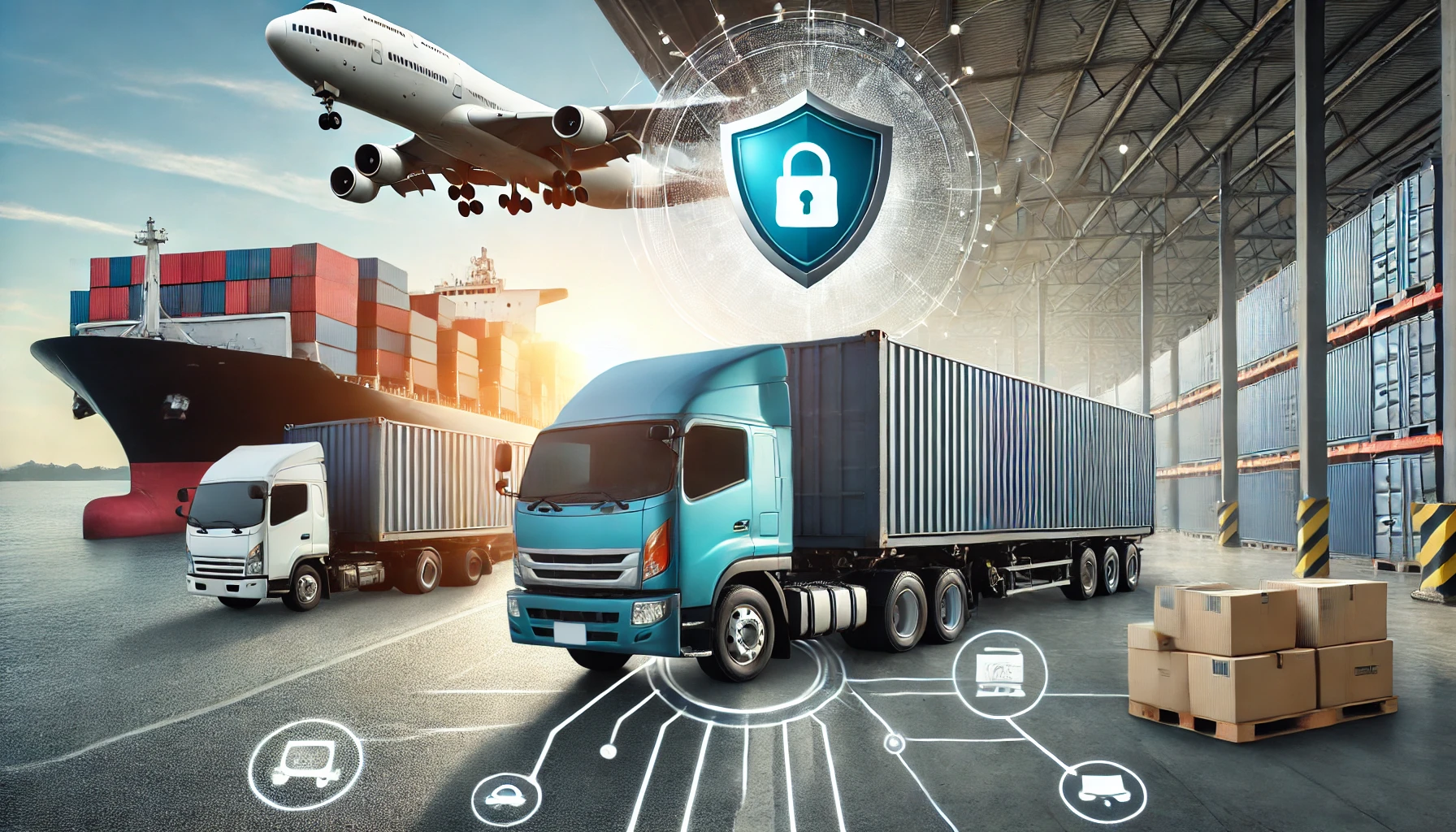In today’s fast-paced world, ensuring the smooth movement of goods is crucial. However, it’s not without its challenges. For any company involved in transportation, having a solid understanding of insurance and transport is essential. This guide will help you navigate the complexities and ensure your operations are always protected. With the right insurance strategies, your business can overcome obstacles with ease. Let’s dive into the world of insurance and transport, making sure you are prepared for the journey ahead.
The Importance of Insurance in the Transport Industry
Transportation companies face numerous risks, from vehicle damage to cargo loss. Understanding insurance and transport ensures that you are covered in all areas. By securing the right insurance, you not only protect your assets but also maintain trust with your clients. For instance, cargo insurance ensures that if goods are damaged during transit, financial losses are minimized. Furthermore, liability insurance can shield your business from lawsuits arising from accidents.
By having a deep knowledge of insurance and transport, you’re better equipped to negotiate with insurance providers and find the best deals for your business. A well-insured company not only operates more smoothly but also creates a reputation for reliability. Customers want to know that their goods are in safe hands, and being insured gives them that peace of mind.
Key Types of Transport Insurance
There are several types of insurance that are critical for the transportation industry. The most common forms of coverage include cargo insurance, liability insurance, and vehicle insurance. Cargo insurance, as the name suggests, covers goods in transit. This is crucial, especially for high-value items. Liability insurance, on the other hand, covers any damage or injuries caused during the transportation process. It’s important to be aware of the specifics when it comes to insurance and transport so that you can pick the right package for your needs.
Vehicle insurance is another must-have. Whether you are transporting goods via trucks, ships, or planes, vehicles are prone to wear and tear. Proper insurance ensures that any damage or accidents are swiftly dealt with. Beyond these, specialized insurance policies exist for specific transportation needs. Understanding these variations in insurance and transport policies is key to making the right decisions for your business.
Reducing Risks Through Insurance and Transport Planning
One of the major advantages of having a clear strategy in place for insurance and transport is risk mitigation. By understanding the possible threats to your business and planning accordingly, you minimize the impact of unforeseen events. The first step in reducing risks is identifying the most significant threats to your transportation operations, such as accidents, theft, or natural disasters. Once identified, you can work with insurers to craft a policy that provides maximum protection.
A strong risk management strategy not only reduces the likelihood of disruptions but also lowers insurance premiums over time. Insurers view companies with robust safety protocols more favorably, offering them better rates. By balancing risk and insurance coverage, you optimize the efficiency of your operations while keeping costs under control. In the world of insurance and transport, preparedness is your best defense against the unknown.
The Role of Compliance in Insurance and Transport
Ensuring compliance with regulations is an essential part of insurance and transport. Every country and region has different laws governing transportation, and failure to comply can result in hefty fines or even business closure. Many transport companies struggle with staying up to date on these regulations, especially if they operate internationally. However, ignorance is not an excuse, and compliance should be a top priority.
Insurance plays a role here as well. Certain types of coverage are mandated by law. For example, commercial vehicle insurance is a requirement in many jurisdictions. Ensuring your policies are up to date with the latest legal standards is critical for avoiding legal complications. Working closely with an insurance provider who understands both the industry and the legal landscape is invaluable for keeping your business compliant and safe.
Future Trends in Insurance and Transport
The insurance and transport industry is continuously evolving. As new technologies emerge, such as autonomous vehicles and blockchain for tracking, the risks associated with transportation will change. This means that insurance companies must adapt their policies to address new challenges. For transport businesses, staying ahead of these changes is critical to remain competitive.
For instance, as more companies adopt electric vehicles (EVs), insurance policies will need to be updated to reflect the unique risks associated with this technology. Additionally, as supply chains become more integrated and globalized, businesses will need insurance policies that cover them across multiple countries. By staying informed about future trends in insurance and transport, you can position your business for success in an ever-changing landscape.
